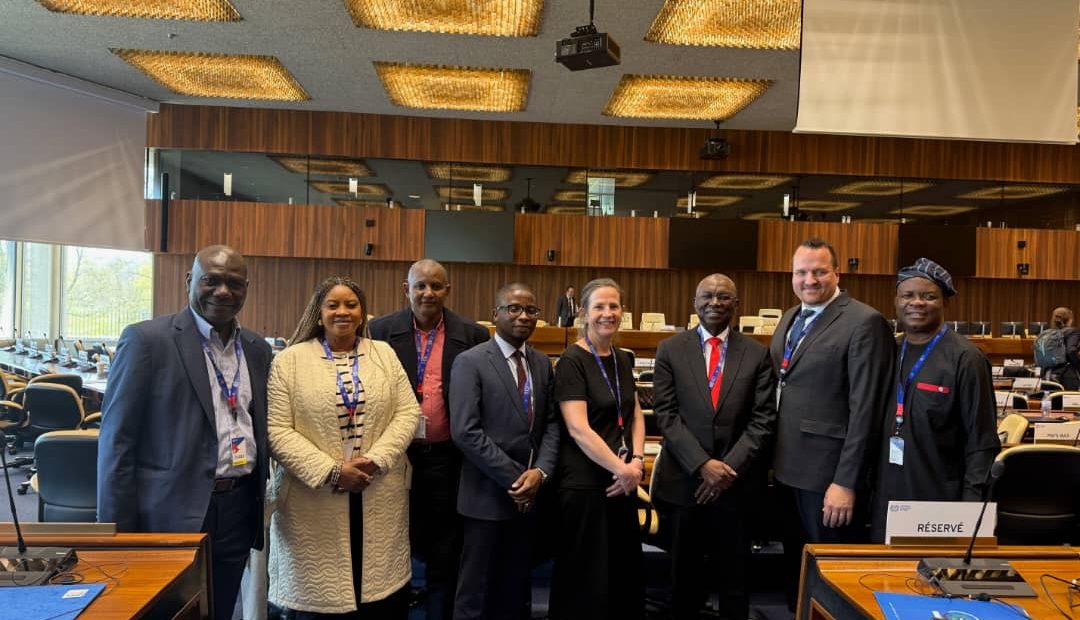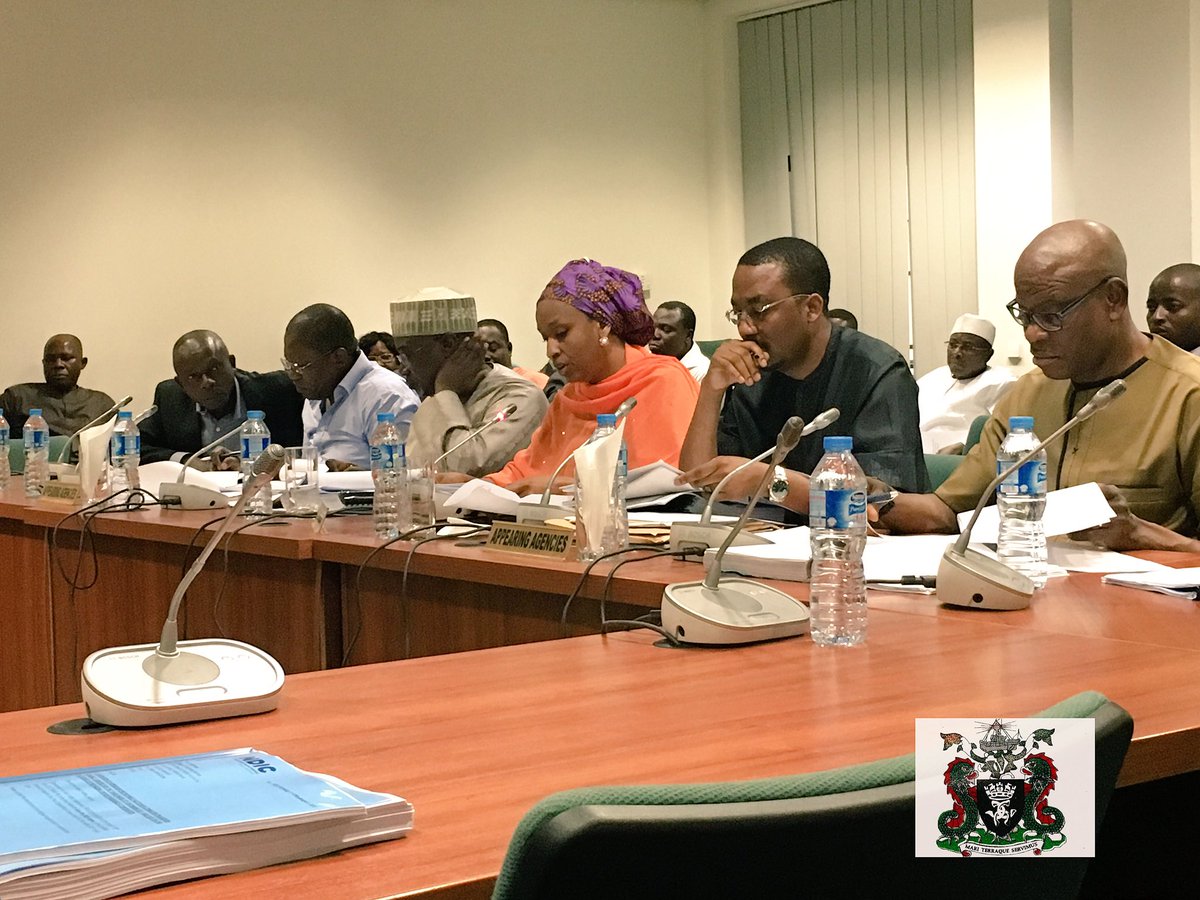FG endorses key amendments to maritime labour convention, prioritizes seafarers’ welfare

By Dooyum Naadzenga
The Federal Government of Nigeria has officially endorsed amendments to eight codes of the Maritime Labour Convention (MLC) 2006, marking a significant step forward in the welfare and rights of seafarers.
These amendments aim to enhance protections against discrimination, recognize seafarers as key workers, and improve access to shore-based welfare services. Additionally, they address critical issues such as shipboard violence, harassment, accommodation, and recreational facilities for seafarers.
At the forefront of this initiative is Adegboyega Oyetola, the Honorable Minister of Marine and Blue Economy, who led Nigeria’s delegation to the 5th International Labour Organization (ILO) Special Tripartite Committee meeting held in Geneva, Switzerland.
Oyetola emphasized Nigeria’s unwavering commitment to safeguarding the rights and welfare of seafarers, highlighting the importance of these amendments in ensuring decent working conditions.
Representing the minister, Dr. Dayo Mobereola, the Director General of the Nigerian Maritime Administration and Safety Agency (NIMASA), praised the ILO for facilitating crucial dialogues around maritime labour standards. He expressed gratitude for the collaborative efforts that led to these amendments, which aim to create a safer and more equitable working environment for those in the maritime industry.
READ ALSO: Police uncover hidden armoury in A’Ibom, arrest 72-year-old suspect
Dr. Mobereola also pointed out that Nigeria recently approved a minimum wage policy aligned with ILO standards, reinforcing the country’s dedication to improving the living conditions of seafarers. He underscored that these measures are essential for fostering a productive workforce capable of meeting the demands of the global maritime sector.
In addition to advocating for seafarers’ rights, Dr. Mobereola took the opportunity to promote Nigeria’s bid for a seat in Category C of the International Maritime Organization (IMO) Council. He noted that Nigeria’s inclusion would bolster Africa’s representation in the IMO, enabling the continent to have a stronger voice in shaping international maritime policies that emphasize fair labour practices and environmental sustainability.
The Special Tripartite Committee consists of representatives from countries that have ratified the MLC 2006, primarily from maritime administrations. This marks a pivotal moment for Nigeria, as it seeks to engage proactively with international agencies to enhance its maritime policies and ensure the welfare of its seafarers. The focus on strategic international collaboration signifies Nigeria’s commitment to not only improving conditions for its seafarers but also contributing to the global maritime community.








